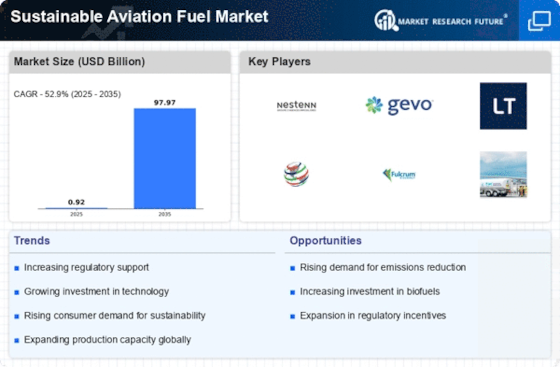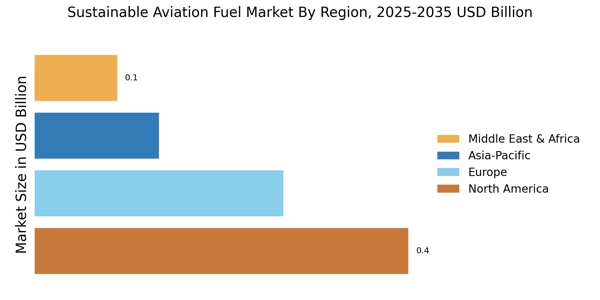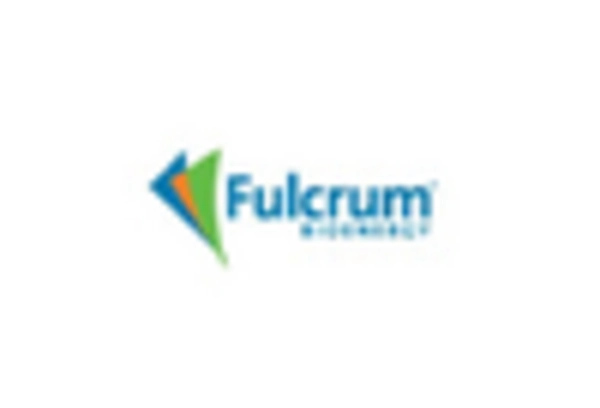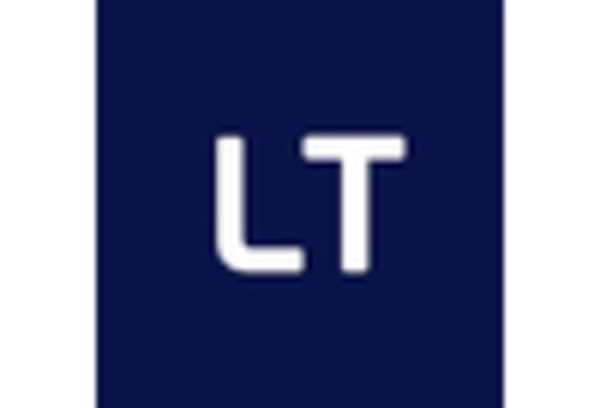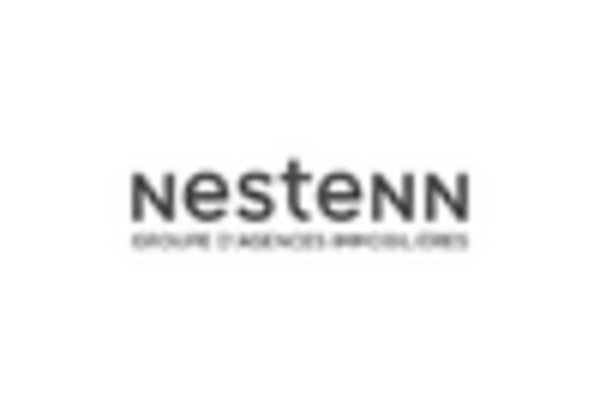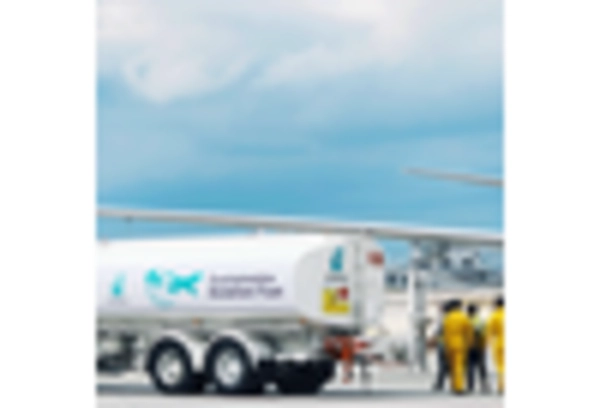Rising Environmental Concerns
The Sustainable Aviation Fuel Market is experiencing a surge in demand driven by heightened environmental awareness among consumers and stakeholders. As climate change becomes an increasingly pressing issue, airlines and manufacturers are under pressure to reduce their carbon footprints. This has led to a growing interest in sustainable aviation fuels, which can significantly lower greenhouse gas emissions compared to traditional jet fuels. According to recent estimates, sustainable aviation fuels can reduce lifecycle emissions by up to 80%. This shift towards greener alternatives is not merely a trend but appears to be a fundamental change in how the aviation sector operates, indicating a long-term commitment to sustainability.
Corporate Sustainability Goals
The Sustainable Aviation Fuel Market is increasingly influenced by corporate sustainability goals set by major airlines and aviation stakeholders. Many companies are committing to ambitious targets for reducing their carbon emissions, with some aiming for net-zero emissions by 2050. This commitment drives investment in sustainable aviation fuels as a key strategy to meet these goals. Airlines are actively seeking partnerships with fuel producers to secure a reliable supply of sustainable fuels, which is essential for achieving their sustainability targets. This trend indicates a shift in corporate responsibility, where businesses are not only focusing on profitability but also on their environmental impact, thereby fostering a more sustainable aviation ecosystem.
Government Incentives and Policies
The Sustainable Aviation Fuel Market is bolstered by various government incentives and policies aimed at promoting cleaner fuels. Many countries have implemented tax credits, grants, and subsidies to encourage the production and use of sustainable aviation fuels. For instance, the implementation of the Renewable Fuel Standard in certain regions mandates a specific volume of renewable fuels, including sustainable aviation fuels, to be blended into the fuel supply. This regulatory framework not only stimulates investment in sustainable fuel technologies but also creates a more favorable market environment for producers. As a result, the industry is likely to see increased production capacity and innovation in sustainable fuel technologies.
Technological Innovations in Fuel Production
The Sustainable Aviation Fuel Market is witnessing rapid advancements in technology that enhance the production processes of sustainable fuels. Innovations such as improved feedstock conversion methods and the development of new catalytic processes are making it more feasible to produce sustainable aviation fuels at scale. For example, recent breakthroughs in synthetic biology and waste-to-fuel technologies have the potential to lower production costs and increase yield. These technological advancements are crucial as they not only improve the economic viability of sustainable aviation fuels but also expand the range of feedstocks that can be utilized, thereby diversifying the supply chain and reducing dependency on traditional fossil fuels.
Consumer Demand for Sustainable Travel Options
The Sustainable Aviation Fuel Market is responding to a growing consumer demand for sustainable travel options. As travelers become more environmentally conscious, they are increasingly seeking airlines that prioritize sustainability in their operations. This shift in consumer behavior is prompting airlines to invest in sustainable aviation fuels as a means to attract eco-conscious customers. Market Research Future indicates that a significant percentage of travelers are willing to pay a premium for flights that utilize sustainable fuels. This trend suggests that airlines that adopt sustainable practices may gain a competitive advantage, thereby driving further investment and innovation in the sustainable aviation fuel sector.


